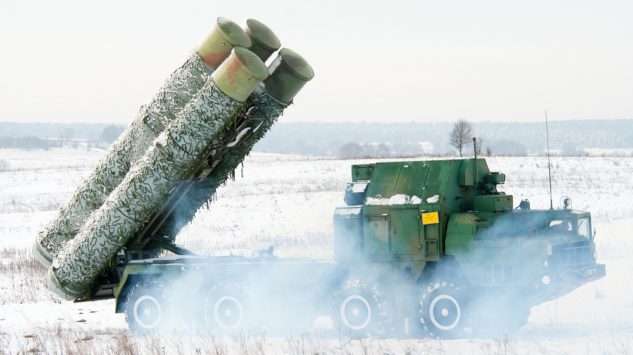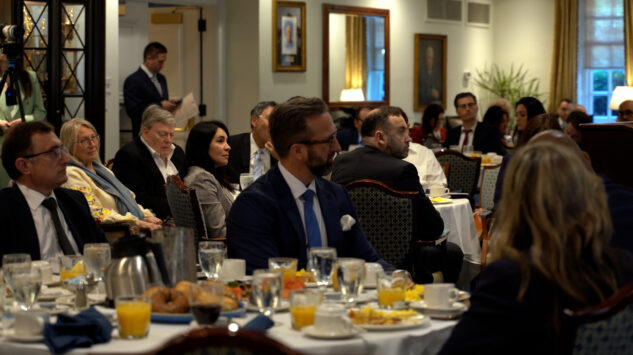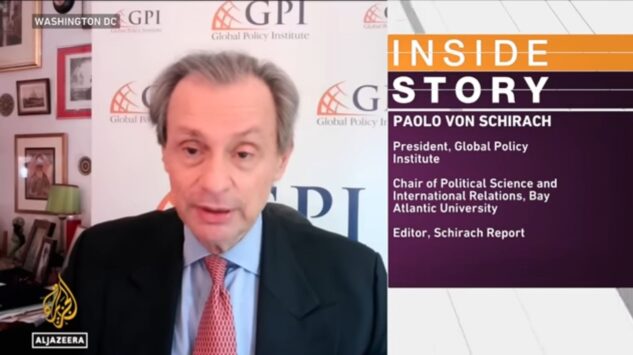News

Trump’s Missiles Strike on Syria ‘Devoid’ of Any Strategic Meaning
“The missile strike is an isolated, symbolic action, devoid of any strategic meaning: It would be unwise to think otherwise,” Schirach, President of the Global Policy Institute and Professor of International Affairs BAU International University, said.
On April 13, the United States assisted by the United Kingdom and France fired 105 cruise missiles at targets in Syria and currently the nuclear-powered aircraft carrier Harry S. Truman and its task force are sailing toward the eastern Mediterranean.
The US-UK- French missile strikes against alleged Syrian chemical weapons installations made global news, at least for a brief period of time, Schirach acknowledged.
“However, a few days after the fact, it seems clear that this high profile military action is not part of a larger strategy aimed at increasing the American military engagement in Syria with the objective of influencing the course of the conflict,” he said.
“In fact, Washington, London and Paris went out of their way to declare at the time of the strike that they shared no plans to engage more deeply in the Syrian conflict,” Schirach recalled.
“As of now there is no evidence of new US war plans for Syria, including troop deployments, or increased military support to any of the factions on the ground,” he said.
Prior to the military reaction to the alleged chemical attack, President Trump had announced that the United States was planning to exit Syria, on account of the victory against the Islamic Caliphate that used to control the northeastern part of the country, Schirach noted.
However, the missile strike in a country that does not seem to represent a high strategic priority for America, Schirach pointed out.
“The only rationale for this one-off coordinated missile attacks seems to be the attempt on the part of America, France and Britain to reestablish the principle that the use of chemical weapons is forbidden by international law,” he said.
The Syrian government vehemently denies that it ever used forbidden weapons; but Washington and its allies claim to have conclusive evidence that they were used, Schirach observed.
“Bottom line: America is not about to change course on Syria. There is no indication that Washington wants to escalate its military presence there,” Schirach said.
Russian Foreign Minister Sergey Lavrov told Sputnik on Friday that Moscow was no longer bound by a moral duty not to supply Damascus with S-300 air defense missile systems after last week’s Western strikes on Syria.



